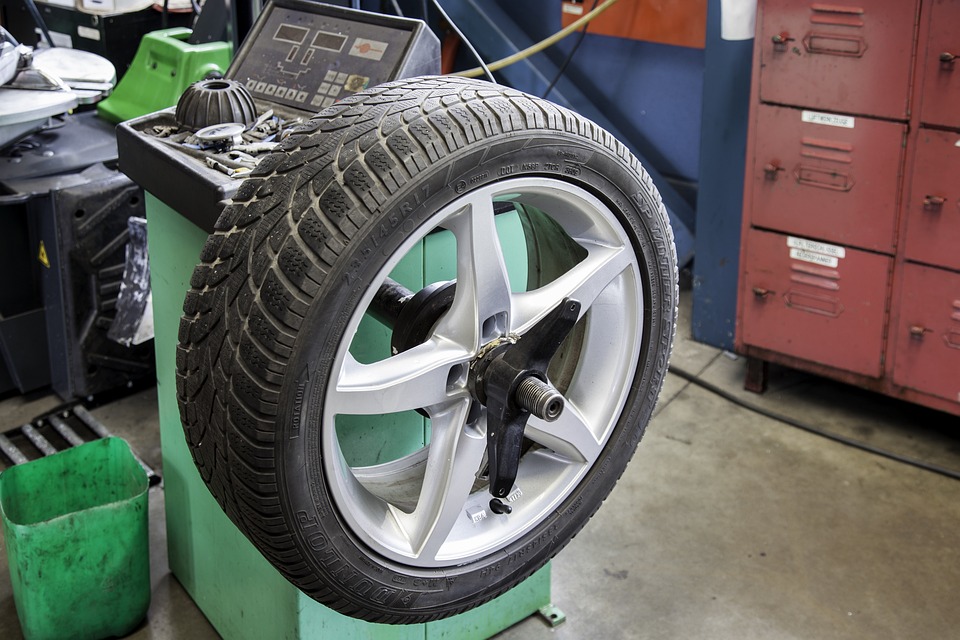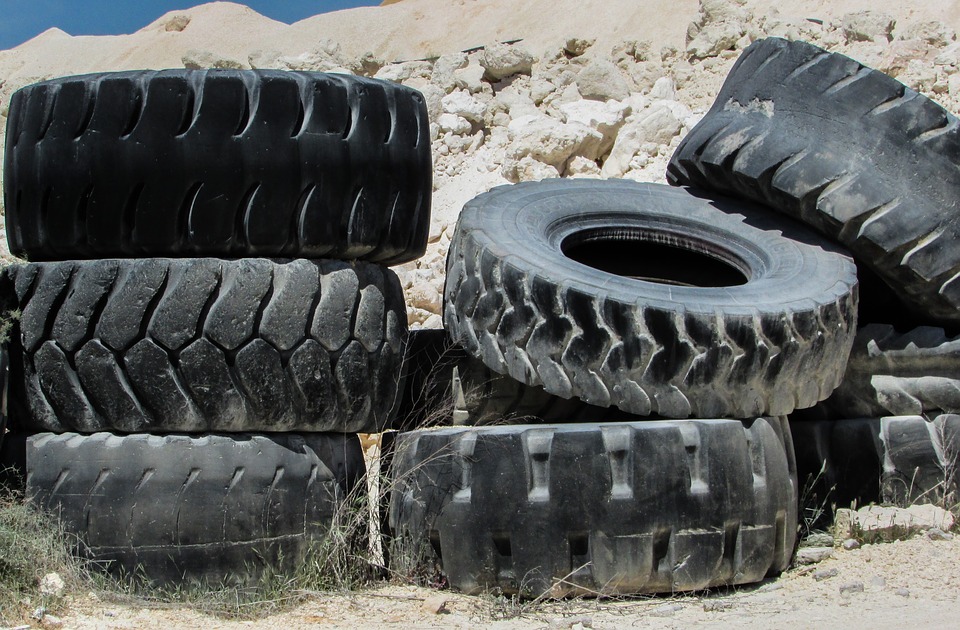Truck tyres are the only point of contact between the vehicle and the road and an indispensable element for safety and mobility in traffic. Taking care of the tyres not only allows us to drive better and safer. It also helps us save money. Here are some tips to ensure the excellent maintenance of your truck tyres.
Comply With the Regulations
Something as basic as complying with the regulations regarding truck, tractor and light truck wheels is essential to putting them to good use and extending the life of truck or industrial vehicle tyres.
Drivers of these large vehicles need to know what dimensions, load capacities or designs are allowed on each truck. Compliance with these and other issues related to truck driving is essential, especially when handling large volumes of goods, as losing control of a truck poses a significant danger on the road.
For this reason, the regulations are pretty strict concerning trucks, for example, preventing them from driving at speeds more than 90 kilometres per hour and with other conditions. In this case, the safety of a lorry depends largely on the responsibility of the lorry driver.
Monitoring Tyre Pressure
Adequate tire pressure is the factor that most affects the performance of a truck’s wheels, no matter how heavy the truck is. Proper wheel inflation not only extends the life of your tires but also allows them to perform at their best.
Tires are made to operate at certain air pressure and to carry the specified load of the truck, tractor or van. Logically, a slight variation of more or less than 10% of the total amount of air is allowed. Still, when this amount is exceeded or reduced, the truck driver starts to see the harmful effects of this decompression, both on ride quality, fuel consumption and tread wear.
What if a Truck Has Low Tire Pressure?
A tyre that is low on air in relation to the load being carried will wear unevenly when driving.
It will also heat up the tread area and is likely to spoil prematurely.

Over-inflated Wheels
Overtaking is just as bad as not overtaking. With an over-inflated tire, the truck’s wheel tread wears down in the centre much faster and is more vulnerable on poor road surfaces. In conclusion, without insufficient tire pressure, the risk of a truck puncture or blowout increases.
Monitor Tyre Wear and Tread Depth
A truck with worn tyres is a hazard. It is imperative to monitor the excellent condition of the vehicle’s wheels and observe the tyres for scratches or deformations.
When checking tyres for wear, you need to look at the tread depth and check the marks or records left by the manufacturer to indicate excessive tyre wear. You must be responsible and not drive with bulges, cracks, tears, significant wear on the wheels. When tyres are worn out, they must be replaced. This ensures grip and traction and avoids unpleasant surprises on the road.

Fitting New Tyres
When fitting new tyres, remember that both tyres on each axle must be the same. And when we say the same, we mean they must be the same brand, size, construction, origin (manufacturer) and speed and load code.
If you decide to use a retreaded tire, it is crucial to know that you can never run a retreaded wheel and a new wheel on the same axle. They must be the same.
Check That The Valves Are in Order
The valves and their caps are usually made of rubber, so they will eventually deteriorate. Under high loads, the rubber valve will bend under the force of the weight and eventually deteriorate. Therefore, replacing valves when changing tyres is a good recommendation to protect the tyres and the vehicle.
If you need tyre repair services in Melbourne, the team at Star Truck Tyres will ensure you’re back on the road as soon as possible with their 24hr repair service! Call Star Truck Tyre to come out to you and sort out your flat tyre.

